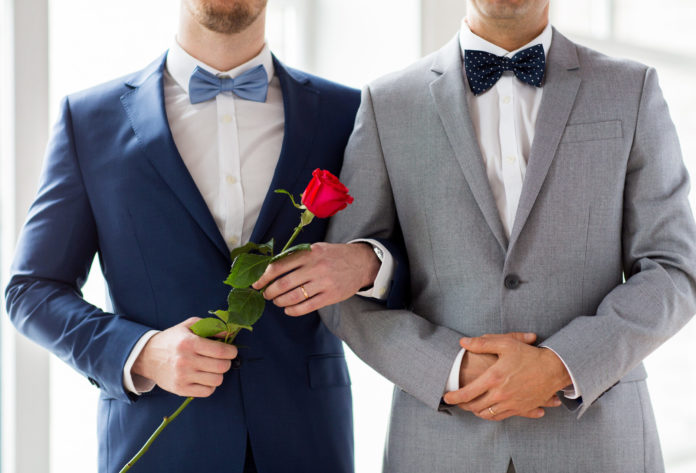
When a family rejects their queer children, it not only harms those kids but also relationships throughout the family tree for years to come.
Consider the case of a 28-year-old who is still facing familial troubles after his parents kicked him out of their house at age 15. His extended relatives expressed hurt over not being invited to his gay wedding. But he says, because they weren’t supportive of him in his teen years, he didn’t invite them and shouldn’t feel guilt over it.
His parents kicked him out for having a boyfriend, and though he briefly stayed at his boyfriend’s family’s house afterward, the disowned teenager’s aunt and uncle refused to let the teen stay at their house because they didn’t want to “pick sides” in the family “fight.” The aunt also worried that the teen’s mother would feel hurt if she “replaced” her as a mom.
Their rejection devastated him. He’d always felt close to his aunt and uncle’s family. Both had always been vocally supportive of gay rights for as long as he could remember. As a result of their refusal, he ended up homeless and sleeping on park benches. His aunt and uncle also told his female cousin to stop speaking to him in public, he said.
With some self-effort and the help of social workers, the young man was able to get back on his feet and make a life for himself. Last year, his cousin reached out via social media to apologize and reconnect.
“She persuaded me to attend a couple of family events where she insisted I would be welcome and that others would want to apologize and ‘make things right’ with me,” the disowned family member wrote. “I went, and found that what this meant was that my parents and I ignored one another while [my aunt and uncle] enthusiastically chatted to me and acted as though we’d just randomly lost contact and nothing weird had happened.”
He stopped attending these events and instead just continued occasional friendly text exchanges on social media with his cousin, aunt, and uncle. However, when they saw pics of his wedding to his boyfriend on social media, they began bombarding him with calls, texts, and messages expressing hurt and anger over not being invited.
“How could you pretend to have reconnected with us but disown us as your family like this?,” they questioned. “Who are these strangers you refer to as your ‘parents’?” they asked of his in-laws who he referred to on social media as “family” (not as his “parents”). “Your real parents are so humiliated!” another message read.
The now-28-year-old man asked if he was in the wrong for not inviting his extended family members to the wedding and whether he should respond to their upset messages.
Advice columnist R. Eric Thomas said that their “over-the-top” upset was likely caused by the realization of the long-term harm that their “own abhorrent behavior” had caused. The extended family had obviously not done much to express empathy, remorse, or try and make any amends, Thomas added.
Thomas said that the man should cut off all contact with his relatives, lest they continue to cast him as the “bad guy” over the guilt they feel. If he couldn’t cut off all contact, Thomas suggested that he tell his extended family that his not inviting them to the wedding wasn’t intended to hurt him, and that he’ll need to stop communicating with them, if they’re unable to stop messaging him and just be happy for him.
While rejected relatives aren’t required to maintain relationships with toxic, unsupportive family members, the situation is still tragic. His parent’s bad blood has now affected his extended family, and it will not only impact him, but also any offspring or supportive in-laws who’ll never enjoy the fruits of a large family now that his parents have poisoned an entire side of the family tree.








